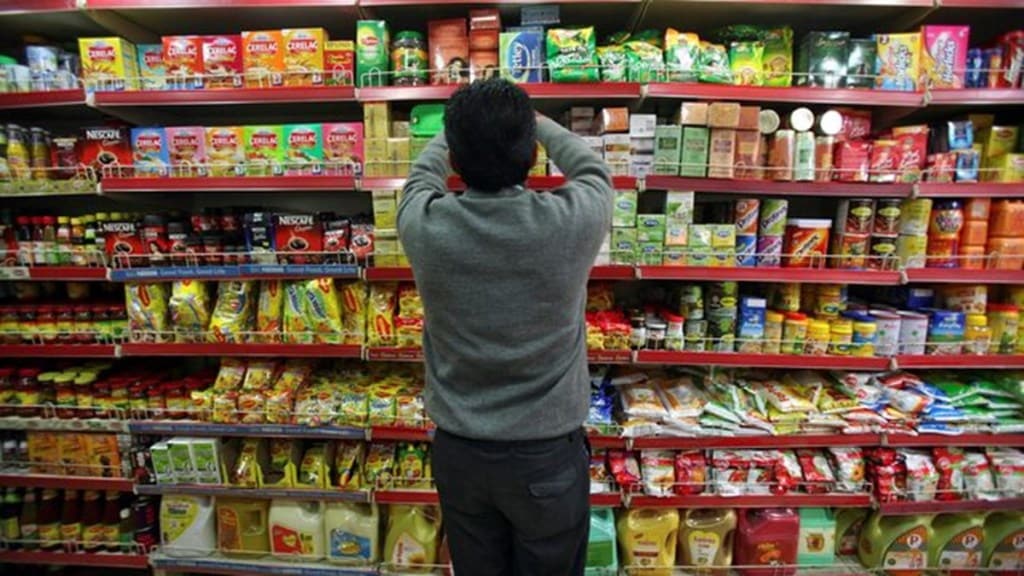Household items such as toothpaste, detergent bar and shampoo could become dearer if crude oil prices continue to rally the way they have, following an escalation in tensions between Iran and Israel. Crude touched $78.5 to a barrel on Friday, up 13% versus Thursday’s close – the single-biggest rise in over three years – data from Bloomberg showed.
For now, there seems to be no signs of a thaw in tensions between the two nations. And this could become a point of concern for user industries, including fast-moving consumer goods (FMCG) and paint companies, top executives said, as it will result in a spike in the prices of crude-linked derivatives used in making these products. Firms may have to consider price hikes to protect margins, coming at a time when urban demand is yet to recover, while rural demand is recovering after a slowdown earlier.
“In the immediate future, FMCG companies are unlikely to take price hikes because it will hurt demand”, says Tarun Arora, CEO and whole-time director at Zydus Wellness. “But, if crude continues to rally like this, then inflationary pressures will grow, forcing firms to consider calibrated price hikes in the quarters ahead”, he said. The BSE FMCG Index fell 0.94% on Friday as against a decline of 0.70% in the benchmark BSE Sensex. Shares of companies such as Asian Paints and Berger Paints, meanwhile, fell up to 4.5% on the BSE before recovering at the end of trade.
Linear alkyl benzene (LAB), a petroleum derivative, is used in making detergents and constitutes almost 60-70% of the latter’s input cost. While high-density polyethylene (HDPE) is used in packaging material for all essential consumer items from soaps to detergents, hair oils, creams, shampoos and toothpastes. HDPE prices have been flat in the last one month.
Titanium dioxide, also a crude-linked derivative, is used in making paints. While titanium dioxide prices have been falling; down 3% in the last one month, the price of LAB has increased by 1.23% in the last one month, Bloomberg data showed. All petroleum derivatives are likely to firm up in the weeks ahead, experts tracking the market said, as crude rallies.
An increase in price of these inputs, says Sachin Bobade, director, equity research at brokerage Dolat Capital, will hurt margins of companies going forward. “Coming when urban areas have not recovered yet, companies may be forced to absorb input cost pressures as crude spikes further. This will hurt margins as companies get into the festive season,” Bobade said.
Dabur India’s CEO Mohit Malhotra said he was watching commodity inflation closely, while Procter & Gamble’s management said that they were ‘cautiously optimistic’ about FMCG demand in a dynamic and evolving domestic market.
“Non-food inflation has been benign for some time, it was food inflation that was a concern so far,” Malhotra said. But with retail food inflation cooling to a seven-month low (in May) and the forecast of a good monsoon this year coupled with fiscal stimulus measures and higher-than-expected rate cuts, most companies were hoping the FMCG market would bounce back well in the second half of the year. Now companies will be cautious with geopolitical tensions rising in West Asia,” he said.
In a report last week, research agency Kantar noted that small, local brands had seen an 8.4% year-on-year growth in urban areas in FY25 as urban consumers down traded amid a slowdown. In contrast, large listed players had grown by 5.1% year-on-year in rural areas in the period under review. With crude oil spiking, experts and executives fear downtrading could get prolonged in urban areas.


